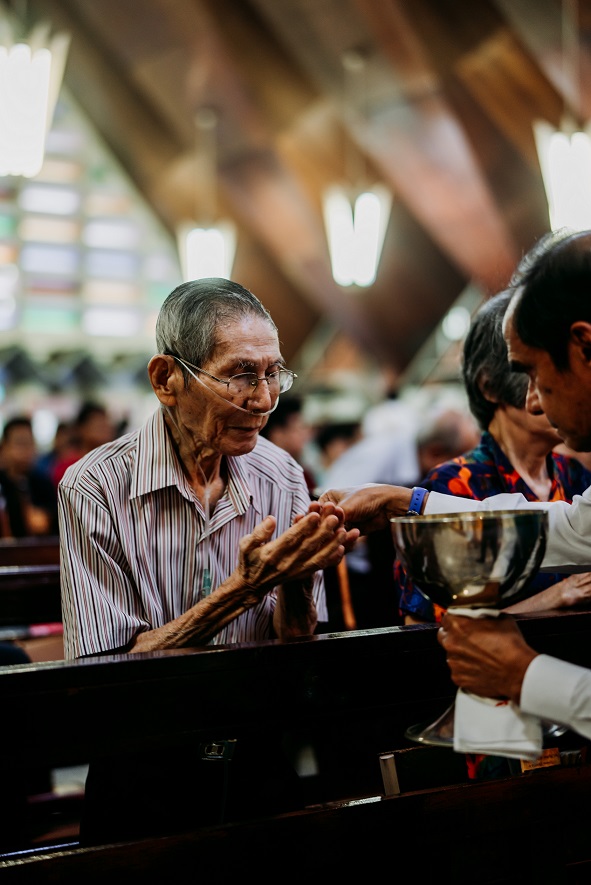
Close


Human beings are emotional creatures by nature. Social workers are no exception. Beneath the cloak of professionalism, we are all humans first. Every patient and family we meet leaves a deep impression on us – this impression moulds and shapes us.
This is especially so for patients whom we work very closely with, or relate to on a personal level. Each time such a patient we work with dies, a little part of us dies too.
Though we are trained to prepare ourselves for the patient’s impending passing by limiting our emotional involvement, we inevitably still feel a gamut of emotions when something happens to a patient or their loved ones.
Sometimes if it is too much to bear, we may cry in the toilet, speak to our mentors or even turn to a counsellor. However, most importantly, we must have the courage to be honest: to be honest to ourselves, acknowledging the difficult emotions we feel and having the wisdom to know when we need to take a break or when we need to talk to someone.
My mentors at work always remind me that our patients are our best teachers. I recall a patient, John, who was suffering from terminal lung failure, making it difficult for him to breathe or exert himself.
John’s final wish was to go to church to attend mass one last time. Even though he was in so much discomfort, he insisted on going. With the help of HCA staff and volunteers, he was able to go with the necessary logistics in place, which included an oxygen concentrator and wheelchair-accessible van.
It was a simple wish, but through this experience with John, I began to reflect on my own life. Would I have the same resolve and determination when the end draws near and my strength is failing?
This reminds me that every patient we meet is a blessing. It is a privilege to journey with them and to be part of their lives in difficult times. This brings meaning to our work, letting us know the efforts were all worth it and this also gives life to the dead parts of us.